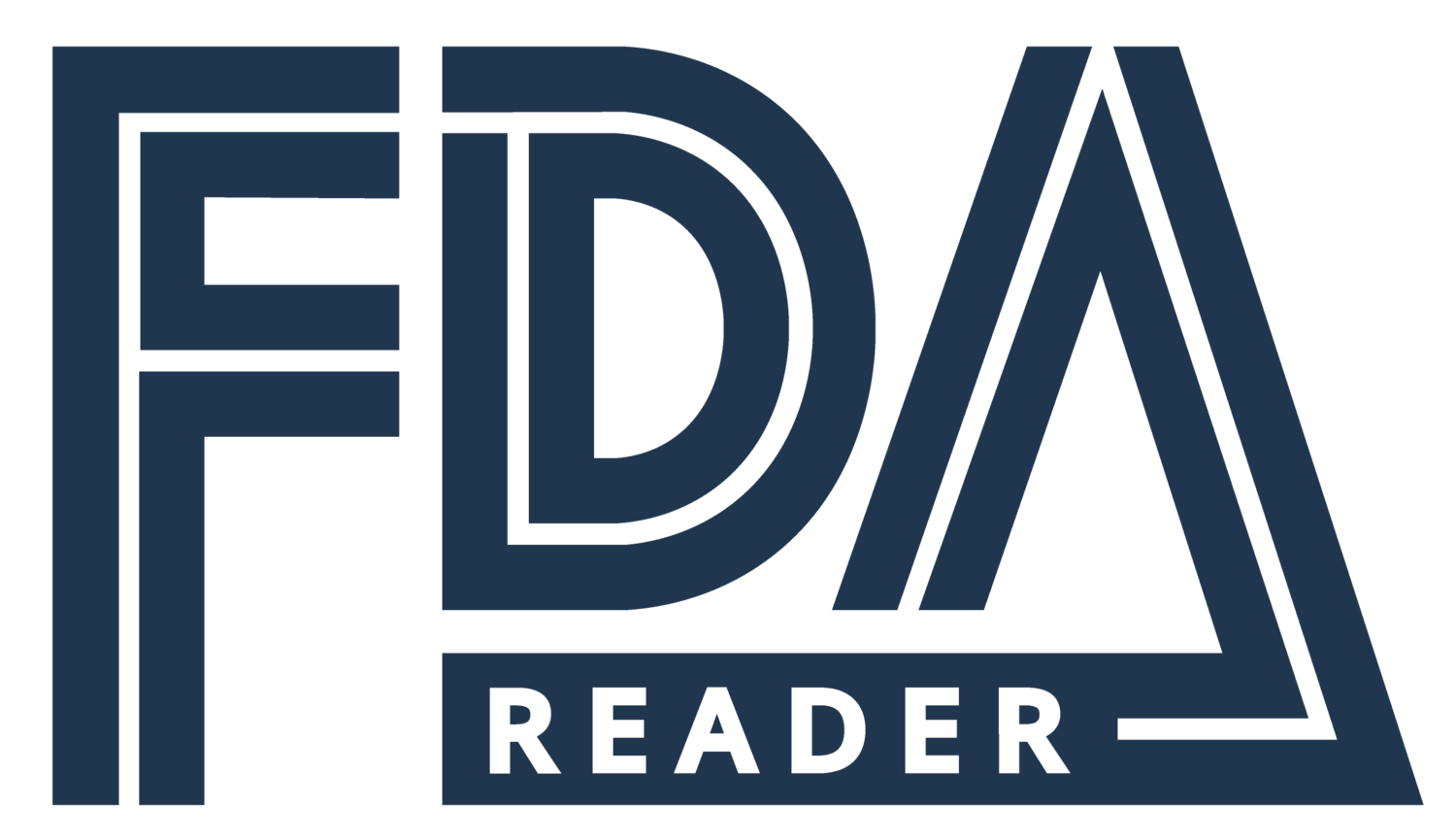Digital vs. Paper Record keeping in a Food Processing Environment
I am often asked by food producers whether they should convert their record-keeping to a digital entry process. I always respond by asking them why do you want to do this?
It seems like a natural change, that adopting digital record keeping in food production is a natural transition as an operation matures. Actually, digital logs aren’t always better than paper logs.
I implemented a fleet of iPads and digital logs in my own commissary, only to return to pen-and-paper record keeping when I struggled with accountability and completeness.
Digital Logs:
Pros
Can be accessed via tablet in the production space.
Updates can be rolled out seamlessly (i.e. sent to the iPad remotely).
Past records are accessible anywhere: simply print out a copy.
Cons
Technology inevitably gets complicated. iPads must be charged, housed, sterilized, and updated.
Missing entries are more difficult to see when records are housed digitally
They are easy to fabricate
Requires a substantial setup and training to implement
Often requires proprietary or expensive software
Expensive hardware
Paper Logs:
Pros:
They’re stupid simple.
They are harder to fabricate and missing entries are easy to spot
Simple technology means zero training
They are cheap to implement (printer access + clipboards + pencils)
Cons:
Paper records can get lost and are lost forever.
They require manual updating: printing new sheets and setting them around the production facility.
Requires a paper filing system for storage.
So Where Should I start?
Here’s my advice: start with paper logs. They’re easy to implement and will get you into the habit of record keeping. You will probably change the format of your record keeping materials a lot in the beginning: paper will support this. Once you get comfortable with this and missing entries ease to become a problem, you may consider transferring to digital.
The real benefits of digital record keeping goes beyond eliminating paper copies: seamless integration of technology (bluetooth thermometers! WIFI enabled scales!) will bring an unprecedented level of professionalism and ease to your production process. But to start, I recommend keeping it as simple as possible: pencil and paper.
This Article is For You if…
∆ You purchase ingredients or packaging from another company











